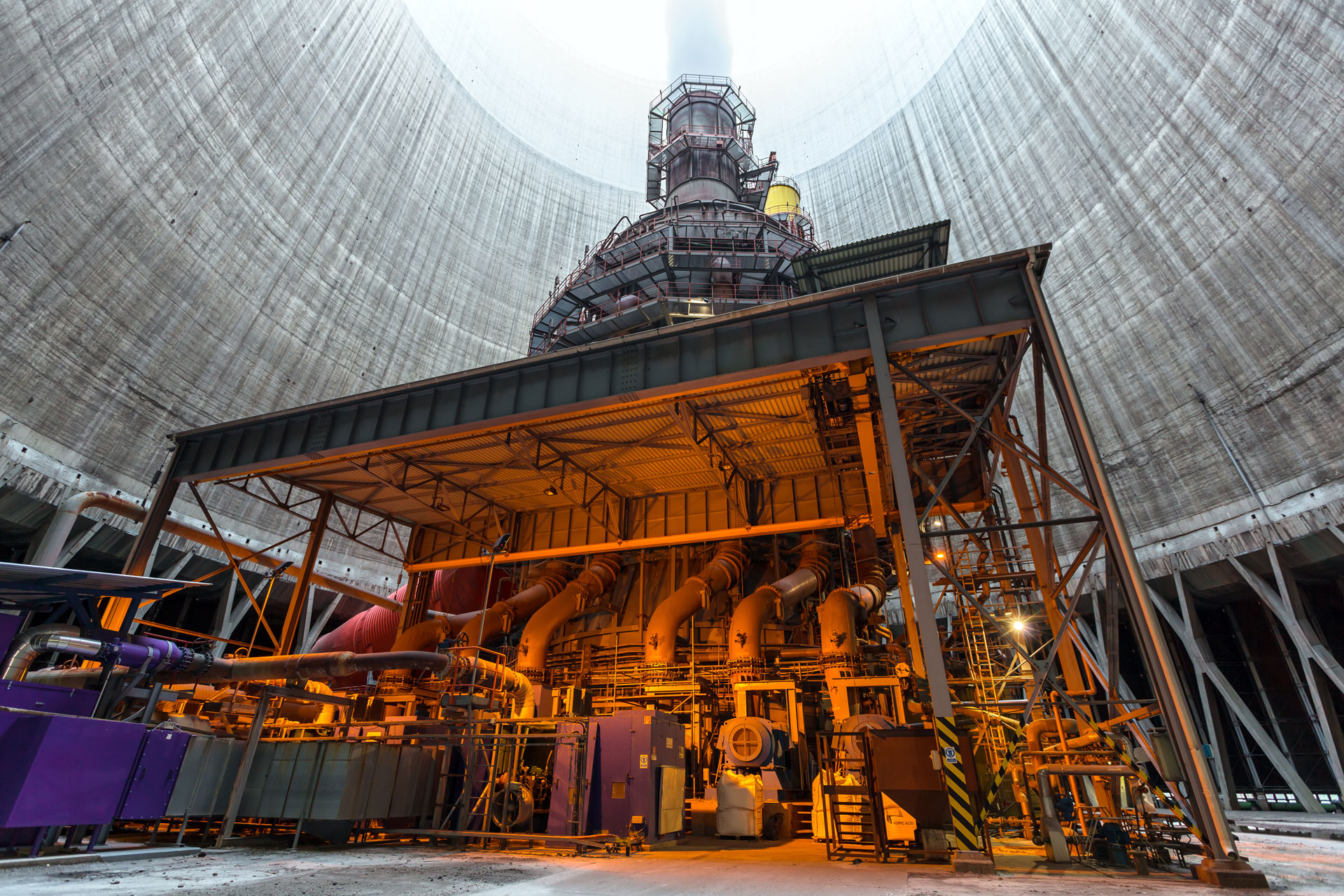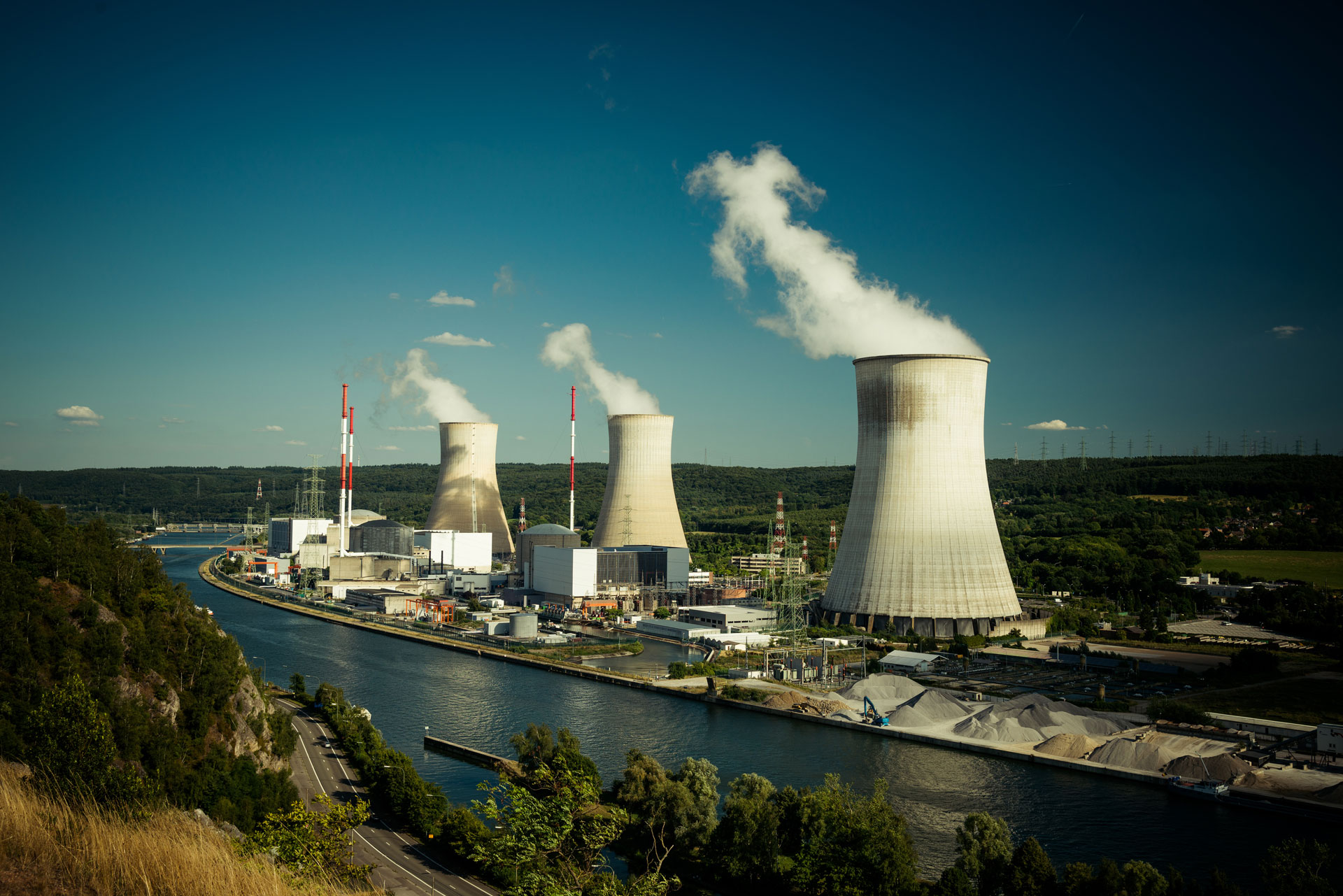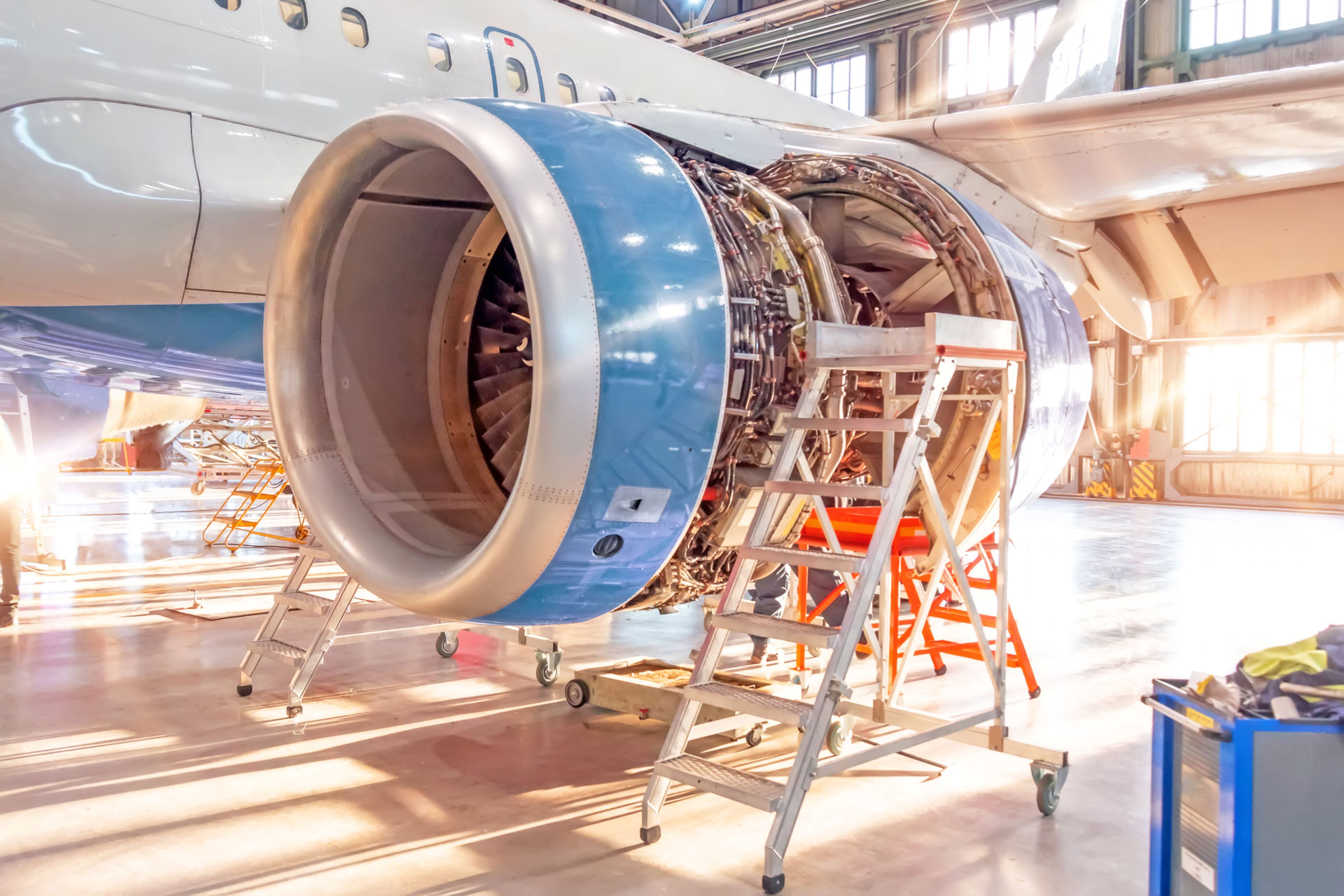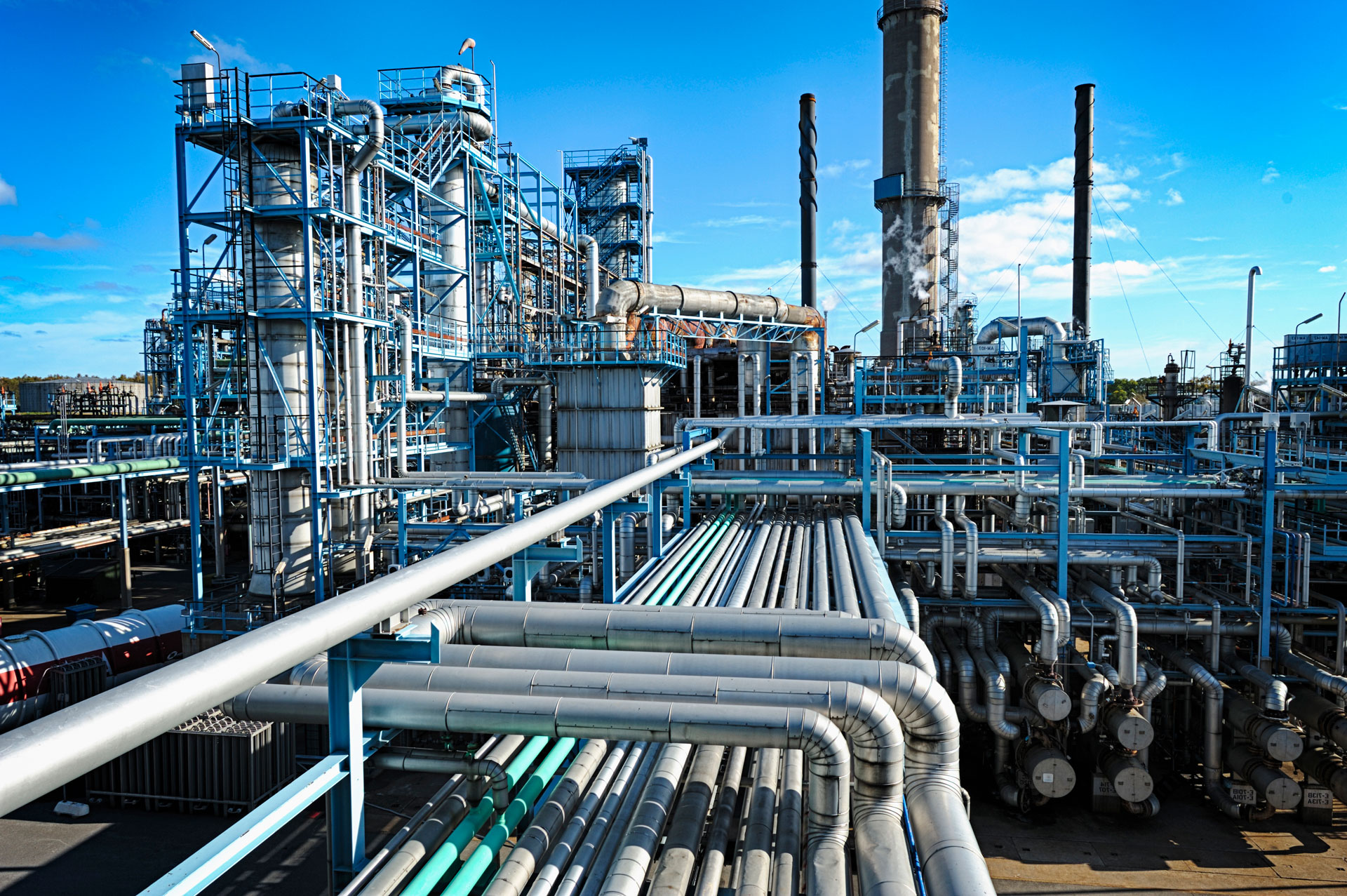Nuclear energy: an exceptional French industry. recognized worldwide
ABMI: a key player in the sector
A miracle energy source with no environmental impact has yet to be found. In the meantime, nuclear energy can play an important role in managing climate change.

Our many nuclear implementations and projects reflect our strong position in the sector
Understanding standards and challenges, safety on the ground, agility in forming teams and offering solutions, and listening both to project and human needs are all our watchwords for these projects.









